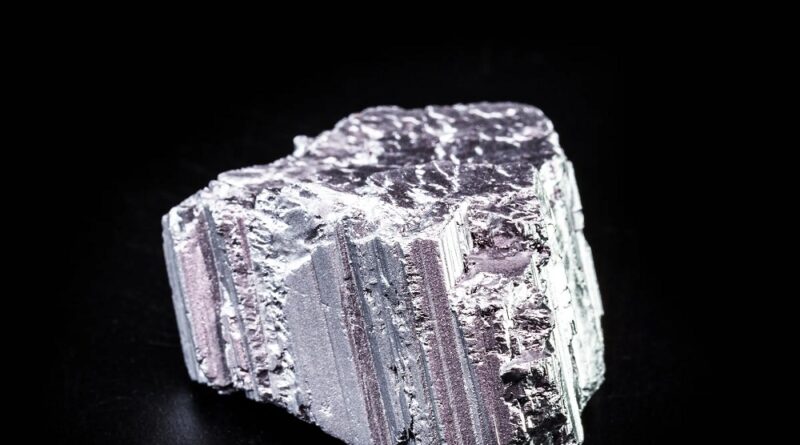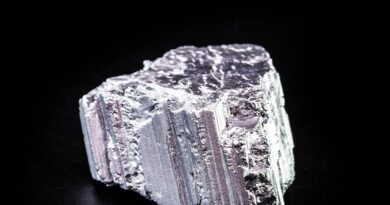China’s dominates $10 billion rare earth market
China’s grip on the rare earth minerals market has deep repercussions for geopolitics and global resource management. These elements, crucial for high-tech applications like smartphones, defence systems, and renewable energy technologies, are controlled largely by China, which accounts for 70% of global rare earth ore extraction and 90% of processing.
This domination allows China to sway markets and geopolitical dynamics significantly.
Rare earth elements (REEs), though their market is valued at under $10 billion annually, are vital for modern technologies. They are used in electric vehicles, wind turbines, military applications, and consumer electronics.
China’s manipulation of supply and prices maintains its competitive edge, as seen in 2010 when export limits caused global prices to spike. Although prices stabilized as other countries increased production, China’s influence remains strong.
China has had a particular monopoly on rare earths and has used its monopoly as leverage in the past with export controls, say an expert in the field. “These things are used in our smartphones, defense systems, and jet engines, making them very important, even though it’s a small market. The Chinese, in my opinion, had a very explicit manipulation of the market strategy to undermine Western miners, making the rare earth commodity unviable. For example, Vital Metals was about to go bankrupt before the Canadian government intervened”.
In 2024, Canada blocked a deal where Australia’s Vital Metals planned to sell rare earth stockpiles to China’s Shenghe Resources Holding Co. Instead, the Saskatchewan Research Council (SRC) purchased the materials for C$3 million, a 25% better offer than the Chinese deal. This strategic move aims to secure Canada’s supply chains and reduce reliance on Chinese-controlled resources.
“We’re at least 10 years, probably 20 years behind China on processing critical minerals. They’ve been very strategic with their investments, and without Chinese buyers, Canadian junior miners struggle to find alternative funding and partnerships. This decision by Canada is crucial, but it underscores just how far behind we are and the need for a robust strategy to catch up,” he says.
Canada advocates for strategic alliances among Western nations to counterbalance China’s dominance. “As a Western alliance, IEA countries, OECD countries, we should be talking to each other about how we can protect our critical mineral supplies, just as we did with oil against OPEC,” he suggests. This cooperation is crucial for developing a robust and independent supply chain for critical minerals.
China’s dominance is due to decades of state investment, export controls, cheap labour, and low environmental standards. “China has a supply chain that the rest of the world doesn’t, some decades of learning by doing, and so on. It’s entirely possible to catch up, but it will take effort,” a report by the Oxford Institute for Energy Studies notes. This manipulation has allowed China to maintain control over rare earth extraction and processing.




